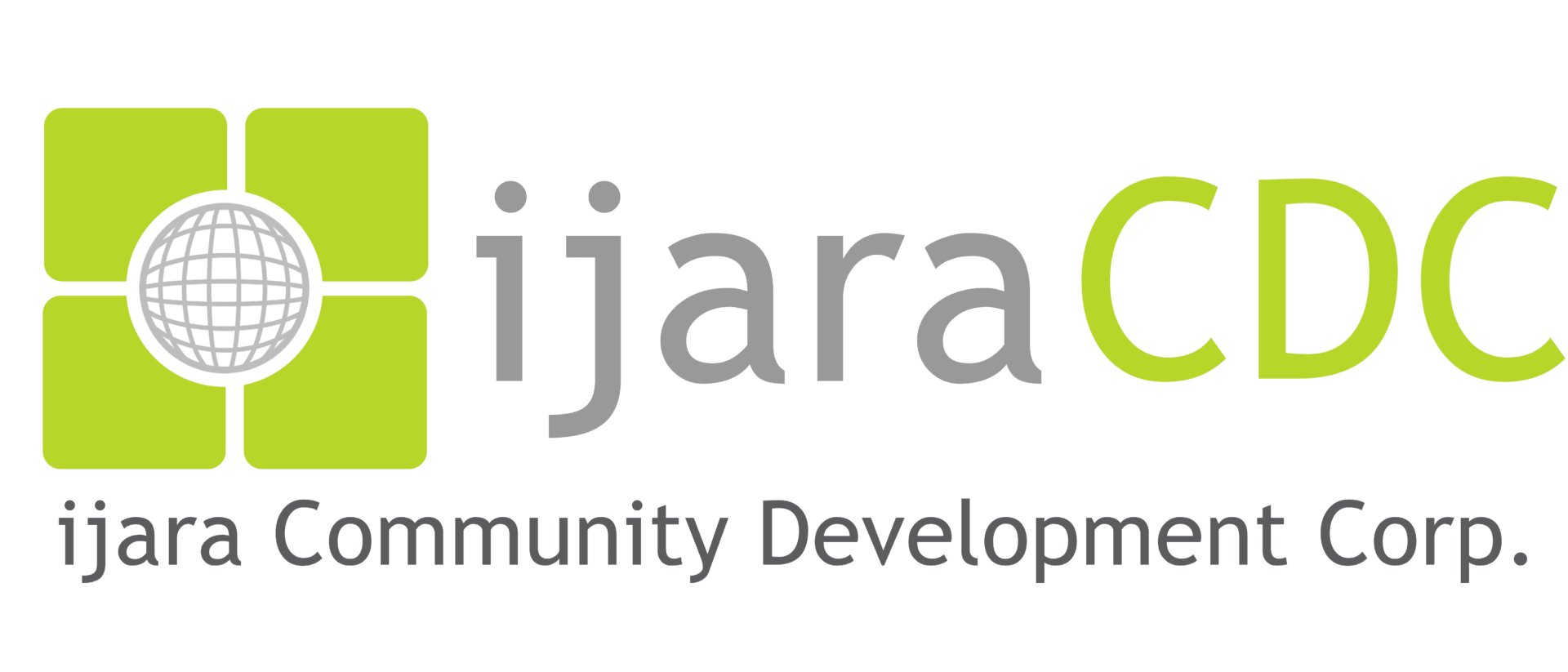Renting vs Buying – Islamic Home Finance
Given the difficulties some people have with qualifying for a mortgage these days and how hard it can be to sell a house in some parts of the country, many people are thinking that renting a house – rather than buying one – can look pretty good. If you rent, you won’t have to worry about being foreclosed on or having to sell short. However, now can also be an ideal time to buy a house. “Home ownership conveys a number of psychological and financial advantages that shouldn’t be ignored,” points out Shoeb Sharieff fromIjaraLoans.com, an Islamic home financing service. Below are some factors to consider when deciding on renting versus buying.
Equity: Traditionally home ownership has been seen as a good investment because you are building up equity in the house. They’re not making more land, so demand in the long haul should only increase. While real estate values may go down for a short time, over the long haul property prices almost always go up. Therefore, if you are staying put for a while, the chances are good you will see a good profit, based on the equity you have built up. Rent, on the other hand, is money you will see no return on.
Tax Breaks: You can deduct the interest you pay on your mortgage from your income taxes (see tax savings); that means that Uncle Sam is essentially your partner in home ownership. The early part of a mortgage is mostly interest payments, so you will be able to deduct most of your payments in the early stages. You can also deduct property taxes and some people can deduct the costs of a home office. “When you are figuring in the cost of a mortgage, don’t forget to account for these tax benefits,” says Sharieff, an Islamic home finance expert. “In addition, you don’t have to pay taxes on some of the profit when you sell the house.” If the home is your primary residence, you have no taxes on the first $250,000 of profit if you’re single ($500,000 if you’re married).
The Market: There are some arguments in favor of buying a house in today’s economic climate. Home prices are down in most areas. Even in places where property is expensive, it’s probably cheaper than it was a few years ago. In addition, mortgage rates are at an all-time low. If you get a 30-year fixed mortgage now you will lock in a low rate for the life of your loan. However, these advantages apply only if you are staying in the house for a while. Real estate is a non-liquid investment; it can be hard to sell in today’s environment, meaning that a lot of your money is tied up and unavailable.
Psychological Advantages: “Many Americans like owning their own home,” observes Sharieff, owner of an Islamic finance company. “It’s the American dream. Not only is it emotionally satisfying, but it also gives you a secure place to live and a community in which you can put down roots.” Renters often feel that they are transitory in the area. Likewise, owners have creative control over their homes. If you want to paint the outside purple or add an addition, you can do so. You also have control over maintenance issues – what to maintain and when the work gets done.
When Renting Makes Sense: There is no one-size-fits-all answer to the question of renting vs. buying. It depends on each individual’s situation. If you think you will live in an area only 5 years or less, most experts say it makes more sense to rent; it’s hard to recoup your investment in less time. If the home prices are overvalued in your area, renting may be a more sensible option. Also consider renting if your job situation is shaky or your credit is not good. You don’t want to get into a position where you can’t pay the mortgage. Renting might be better if you’re someone who doesn’t want to pay for maintenance or deal with the hassles of finding reliable plumbers and electricians.
Home Ownership for Muslims:Devout Muslims must follow Shariah law’s restrictions against interest and unequally shared risk, thus preventing traditional mortgages. However, the Ijara-wa-Iqutina (lease and ownership) Islamic home finance process allows Muslims to enter into a rent-to-own agreement that makes the home’s inhabitants into renters so they can abide by Sharia principles. “The Ijara process has been used in the U.S. for more than 20 years,” explains Sharieff, whose Ijara Loans company creates Sharia compliant loans. “Just like auto leases, the Ijara loan sets up a lessor-lessee agreement rather than a creditor-debtor contract.” The Ijara loan process sets up a Trust that owns the property and leases it to the customer. When the customer wishes to move out of the house, the Trust is obligated to sell the property to the customer under the terms of a promise to purchase.

